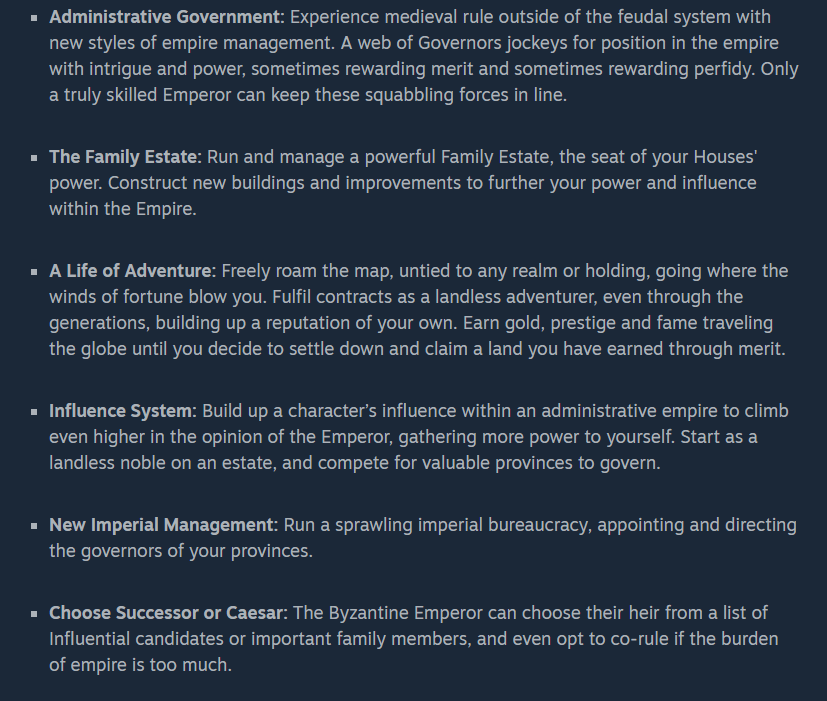The Byzantine Empire, also known as the Eastern Roman Empire, was a powerful civilization that existed for over a thousand years. Its political history is a rich tapestry of intrigue, betrayal, and power struggles that have left a lasting impact on the world.
The Founding of the Byzantine Empire
The Byzantine Empire was founded as the eastern half of the Roman Empire in 330 AD by the Emperor Constantine. After the fall of the western Roman Empire, the Byzantine Empire emerged as a dominant force in the Mediterranean region.

Credit: www.reddit.com

Credit: www.amazon.com
Political Structure and Administration
The political structure of the Byzantine Empire was a complex system of administration that evolved over centuries. At its core was the autocratic rule of the emperor, who held absolute power over the empire. Below the emperor were various levels of bureaucracy, including the Senate, provincial governors, and military commanders.
Diplomacy And Alliances
The Byzantine Empire was adept at diplomacy and forging strategic alliances with neighboring regions. This allowed them to expand their influence and control crucial trade routes. However, it also led to constant political maneuvering and shifting allegiances.
Struggles for Power
Throughout its history, the Byzantine Empire faced numerous power struggles and internal conflicts. The imperial court was often a hotbed of intrigue, with powerful factions vying for control. This led to frequent coups, assassinations, and betrayals.
Religious Influence
Religion played a significant role in Byzantine politics, with the emperors often aligning themselves with the Orthodox Church to gain popular support. However, this also led to conflicts between the state and the church, as well as power struggles within the clergy.
Challenges and Decline
The Byzantine Empire faced a series of external threats, including invasions by various barbarian tribes, the rise of the Islamic Caliphates, and conflicts with the Crusaders. These challenges, along with internal struggles, ultimately contributed to the decline of the empire.
Legacy Of The Byzantine Empire
Despite its eventual fall, the Byzantine Empire left a lasting legacy on the political landscape of Europe and the Middle East. Its administrative systems, artistic achievements, and cultural influence continue to be studied and admired to this day.
Frequently Asked Questions For Medieval Political History Byzantine Empire: Intrigue, Power, And Influence
What Was The Significance Of The Byzantine Empire In Medieval Political History?
The Byzantine Empire made significant political contributions during the Middle Ages, shaping the social fabric and exerting influence over neighboring regions.
How Did The Byzantine Empire Maintain Its Political Power?
Through a combination of effective diplomacy, strategic alliances, and a strong centralized government, the Byzantine Empire maintained its political power for centuries.
What Were The Main Political Institutions In The Byzantine Empire?
The Byzantine Empire had a well-structured political system consisting of an emperor, a highly organized bureaucracy, and a complex system of provincial administration.
How Did The Byzantine Empire Influence The Political Landscape Of Europe?
The Byzantine Empire served as a cultural and political bridge between the East and the West, influencing European political thought, trade, and governance.
Conclusion
The political history of the Byzantine Empire is a fascinating tale of power, ambition, and influence. Its legacy continues to shape our understanding of medieval politics and the complexities of governing a vast and diverse empire.
Guest Author Sakhawat-Shuvo wrote and edited this Article based on his best knowledge and understanding. These opinions and remarks are not endorsed or guaranteed by epichistoria.com or EpicHistoria. The Epic Historia does not guarantee this article’s content. Readers should verify and use their judgment before trusting the content. Also, the Images used in this Article are the copyright of their Respective Owners. Please use our Comment Box or Contact Us form to report this content. This information is not accountable for losses, injuries, or damages.

